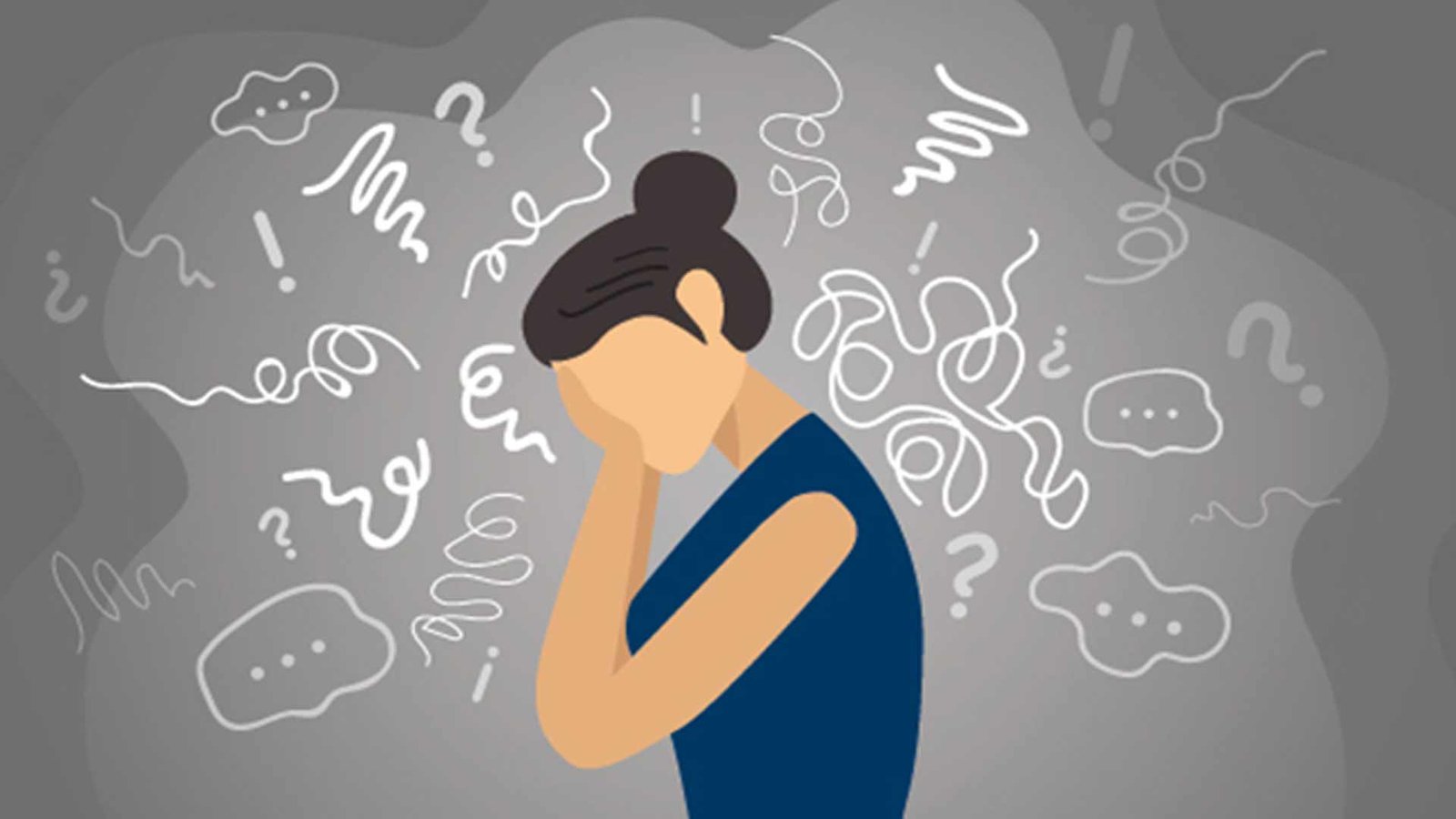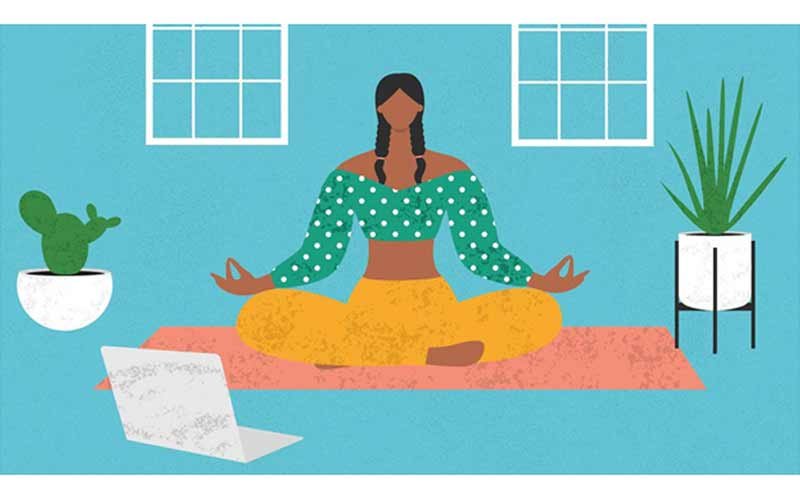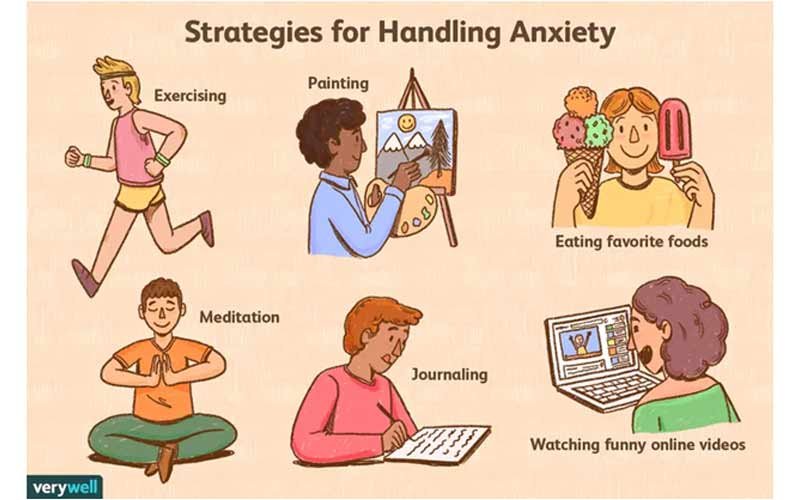
28 Jun Defining and Managing Anxiety
Anxiety management is a skill required to maintain a healthy lifestyle as the work-life balance is often affected in today’s work scenario, especially due to work from home format
What is Anxiety?
While it is common for people to get anxious from time to time, anxiety is a mental disorder. A person suffering from anxiety develops symptoms like increased heartbeat, heavy breathing, nervousness, restlessness, and feeling of panic and distress for prolonged periods, usually over six months. People suffering from anxiety find it extremely hard to function efficiently on a day-to-day basis, especially if their anxiety disorder is a phobia, social anxiety disorder, or panic disorder. These disorders make it extremely tough for people to socialize and exist as functioning members of society, which is why anxiety management becomes crucial.
What is Anxiety Management?

How does one perform anxiety management?
In today’s day and age, uncertainty surrounds us from all sides. Even before the pandemic, people were feeling the pressure of getting more credentials at a competitive workspace and managing their personal life with it. Then the work from home format had the line between work and personal life blurred even further. During such a turbulent time, it is crucial to learn how to manage our anxiety. Anxiety management is the process of simply reducing our anxiety levels to a bearable state, wherein they don’t affect us too intensely. While it started as a practice to ease the anxiety levels of people suffering from severe anxiety and panic attacks, it has also become a practice used to deal with day-to-day anxious situations.

Well, to begin managing anxiety is to understand that it isn’t a full-fledged cure. That said, the first step should be to consult a therapist to learn whether a person is anxious or suffers from anxiety, as a person suffering from anxiety might need more intensive treatment, including therapy and in severe cases, medication. Anxiety management simply makes a person cope with their anxiety and overcome it for short periods. It does so by the following practices-
- Exercising
- Expressivehobbies (painting, dancing, singing)
- Breathing exercise (deep breaths, breathing in intervals)
- Yoga (stretching exercises, meditation)
- Journaling
- Taking mental health breaks from intense work
- Maintaining a proper diet and sleep pattern
How does one decide between curing and managing anxiety?
It is essential to realize that curing anxiety is a much longer, more intense, and conclusive way to treat anxiety. It is mainly started to ensure that people suffering from anxiety disorders can get rid of them once and for all. While anxiety management is a more short-term fix to get people comfortable with their anxiety. Many anxiety patients start with anxiety management practices and then move onto curing it as their anxiety levels reduce. In the end, it is a very subjective decision, but the rule of thumb is to check how often and how intense your anxiety is, as more frequent and intense episodes merit a long-term treatment.
Conclusion
To sum it up, people can use anxiety management for short-term anxiety alleviation, which is a straightforward way to come to terms with your anxiety by practicing healthy habits like exercising regularly, meditation, journaling, and practicing expressive hobbies. If a person’s anxiety becomes more intense and regular, they should consult a therapist and try to get a more intense treatment plan drawn up to cure their anxiety.



No Comments